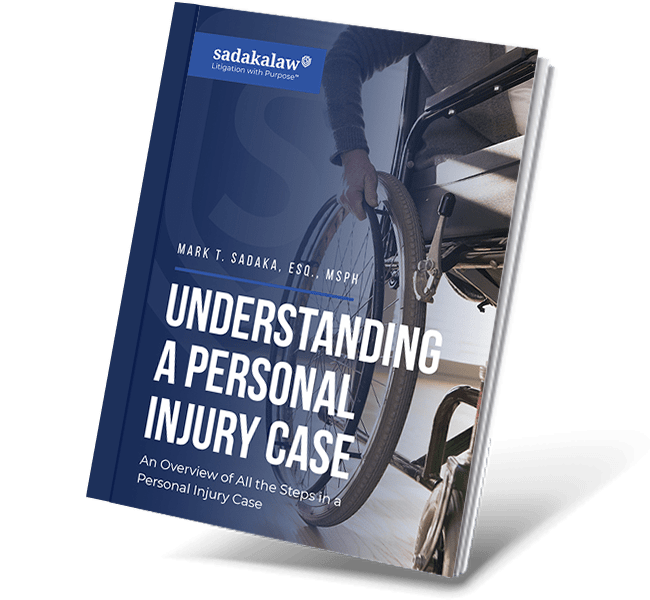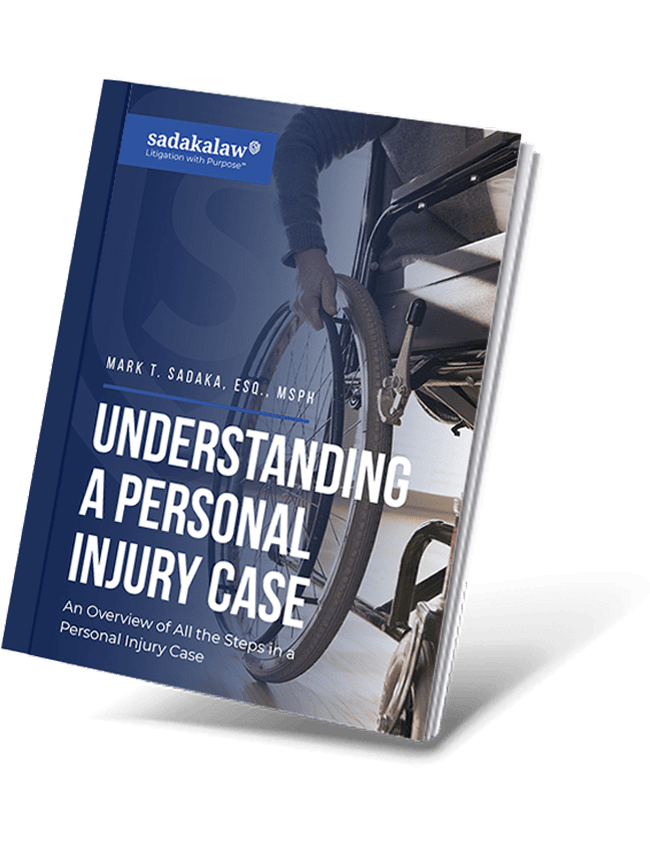FACT: between 30-60% of each drug passes straight through the human body without being broken down
So where does the unprocessed drug go?
The answer is simple, into our water supply.
In most communities, water purification systems cannot filter out these pharmaceuticals. In June of this year, we wrote about how antidepressant traces in our drinking water were linked to autism. Now, a research group is focusing on the potential effects of accumulating antibiotics in the seabed.
According to research more than 10,000 tons of antibiotics are consumed in Europe each year. Patients in the United States are among the most intensive users of antibiotics in the world, with the CDC estimating that 235 million doses of antibiotics are given each year. And, with more than three quarters running straight through the human body, the different substances then reach the ocean via hospitals, municipal sewage, fish farms and run-off from agriculture and landfills.
Researchers from the University of Gothenburg, Sweden, spend August in Sisimiut on the west coast of Greenland studying the prevalence of antibiotic resistance and the effects of antibiotic emissions on communities of bacteria living in marine sediments. More specifically, they were investigating how communities of bacteria in sediment and clay on the seabed are affected by exposure to antibiotics.
“Our aim is to document the sea’s natural microbial structure and function as well as resistance patterns, so that we can determine if and in what way things change as a result of human activity,” says Maria Granberg, one of the researchers.
Greenland is home not only to areas of very clean water, the like of which just does not exist in Sweden, but also highly polluted water. As such, it is an excellent location for studying environmental impacts.
“Greenland has no sewage treatment whatsoever, which means that waste water from inhabited areas is discharged straight into the sea,” says Maria Granberg. “So Greenland is home to both very clean and very polluted waters, which is great for comparing environmentally pristine areas with polluted ones.”
The soft sediments on the seabed act as a reservoir for hard-to-break-down substances that are released into the environment. Even substances that are not discharged directly into the sea gradually find their way there from the land and air via rainwater. This means that antibiotics can affect marine sediment ecosystems over a long period, with detrimental effects on natural marine communities of bacteria, among other things.
“The presence of antibiotics in the marine environment is worrying as it can result in widespread resistance to antibiotics in marine bacteria with unknown consequences for the spread of resistance genes to bacteria that can reach humans through the consumption of seafood and fish.”
The marine sediment bacteria being studied are also important from a global perspective as they metabolize both nitrogen and carbon, which are linked to both eutrophication and climate problems. A key aspect is also that resistance genes can be transferred between bacteria.
“We know very little about how antibiotics affect natural systems and how antibiotic resistance develops and spreads in these systems,” says Maria Granberg. “This knowledge is, however, vital if we are to identify the sources of, and understand, the mechanisms behind the development of antibiotic resistance, which constitutes a threat to both the functioning of ecosystems and human health.”


